Hi Friends,
Reaching for Wonder releases later this month! It's time to order your copy. You can get it on Amazon or wherever books are sold.
A couple weeks ago Bryan and I preached out of the second chapter of the book, the story of the Samaritan Woman at the Well from John 4. During the sermon, we played a video that told the story of the woman. It went something like this:
Drama of the Woman at the Well (John 4) from chapter 2 of Reaching for Wonder:
I
hate this life. I hate what I am. I hate this dusty path that leads to a well
dug by my ancestor. Dug by Jacob himself. He was a deceiver, but God chose him
anyway. I am much worse. So shamed, so pained, that I trudge to the well in the
heat of the day with the sun beating on my brow and the jar rough in my hands.
The jar empty. It seems always to be empty.
And so the dust swirls, my feet plod,
my fingers grip the emptiness.
I hear voices, male and Jewish. I
glance up.
A small group of men come toward me.
One drops coins into the money bag of another. “He said to buy food,” says one.
“Don’t know why he didn’t come with
us,” spouts another.
“Who knows why he does what he does.”
They walk past me the other direction
toward town. And I don’t care. I cross to other side of the road, avert my face
as if by doing so they will not see me. I am invisible. No one sees me. They
never do.
I continue to the well alone, happy to
be alone. Unhappy. But what choice is there? The other women come to the well
in the cool of the morning. They laugh and gossip and share stories of lives I
don’t understand. I come now when the sun is at its zenith. I come alone. I
draw water alone. I leave alone. Except for the company of my shame.
But not today.
Someone sits at the edge of the well. A
man. A mystery. He looks at me and I tremble. Why is there a Jew at the well in
the heat of the day? Should I turn back? Should I flee? I need water.
I sigh. I need more than water.
A voice shatters the silence. “Give me
some water to drink.”
I swallow and for a moment, the whole
world stills. Slowly, I lift my eyes to him. He sees me. And I am stunned.
Words sputter from my lips. “Why do you, a Jewish man, ask for something to
drink from me, a Samaritan woman?”
Does he smile? What is that slight
quirk of his lips? That crinkle at the sides of his eyes? “If you recognized
God’s gift and who is saying to you, ‘Give me some water to drink,’ you would
be asking him and he would give you living water.”
Living water? Running water? He makes
no sense. He speaks in riddles. But he speaks. To me. And that is something I
cannot ignore. “Sir, you don’t have a bucket and the well is deep. Where would
you get this living water? You aren’t greater than our father Jacob, are you?
He gave this well to us, and he drank from it himself, as did his sons and his
livestock.”
His gaze turns thoughtful now, as if
he’s willing me to hear more than I can hear, see more than I can see. “Everyone
who drinks this water will be thirsty again, but whoever drinks from the water
that I will give will never be thirsty again. The water that I give will become
in those who drink it a spring of water that bubbles up into eternal life.”
More riddles. And yet . . . yet . . .
If only he knew the truth . . . “Sir, give me this water, so that I will never
be thirsty and will never need to come here to draw water!” For a single
second, for the slightest breath, I envision what it would be like to be freed
from my daily trek of shame. To avoid the whispers that still persist. To hide.
From sun and dust and humiliation.
To hide. But I don’t imagine what it
would be like to be free. I cannot imagine that.
Then he speaks again, his words
dropping like boulders into my soul. “Go, get your husband, and come back
here.” My husband, he says. His face is impassive now. His eyes keen. They
watch me. They see too much. I cannot lie. I cannot hide. I should have known I
can never hide, even at Jacob’s well in the hottest part of the day.
“I don’t have a husband.” There, I have
said it. Not a confession really, but the truth. The smallest bit of truth I
can manage. I turn my head, willing him to silence. Desperate that he speak no
more. Please, no more.
Too late. “You are right to say, ‘I
don’t have a husband. You’ve had five husbands, and the man you are with now
isn’t your husband. You’ve spoken the truth.”
And there it is. All my pain, all my shame,
my hopelessness, my helplessness. EXPOSED. Laid bare before this
stranger at the well. Five. Six, really. The number that defines everything
that has gone wrong, that always goes wrong. This is my life, defined by a
number twice what the rabbis allow. And the way he speaks it. He doesn’t sneer.
He doesn’t accuse. He simply says it.
It is what it is. We both know it.
And I believe it’s all I will ever be.
I cannot speak of this. I must not. Surely there is a safer topic, an old
argument between Samaritans and Jews. Let us speak of that. It’s easier. Safer.
“Sir, I see that you are a prophet. Our ancestors worshipped on this mountain,
but you and your people say that it is necessary to worship in Jerusalem.”
He answers me with more riddles. He
speaks of the Messiah. He speaks of worship in spirit and in truth. Truth.
Somehow this man IS truth. And I can speak nothing else when I am with him. “I
know that the Messiah is coming, the one who is called the Christ. When he
comes, he will teach everything to us.”
“I Am—the one who speaks with you.”
His words bridge the gap between us,
though neither of us move. I tremble. He has said more than I ever dreamed
possible. More than I ever hoped could be true.
I Am.
He is.
Could it be?
What if . . . what if there really is hope
in my shame? What if this man, this mystery, really is my Messiah?
And what if that truth is the only
thing that matters?
I hear the voices of the Jewish men I
passed on the road. They approach but say nothing to their companion at the
well. I glance down at the jar that I clutch in my hands. It is empty. I am not
empty.
Living water. I am beginning to
understand. I am beginning to believe.
I leave my jar at the well and hurry
toward town.
I will tell them everything. I will
tell them I met the Messiah. I will tell them we can all be set free.
No.
I cannot tell them that. They must
discover it, discover him, as I have.
Instead I will tell them what only I
can say. I will speak of the thing that I have always most wanted to hide. I,
who, snuck to the well at midday to avoid the uncovering of my shame. I,
who have had five husbands and the one I have now is no husband at all. I, who
carry with me nothing but guilt and an empty clay jug. I am no longer
afraid of what they’ll say. I am no longer afraid of the shame that
has been all I’ve known.
I will face it. I will face them. I
will say, “Come and see a man who has told me everything I’ve done! Could this
man be the Christ?”
And in doing so, I will leave more than
just an empty water jar by the well.
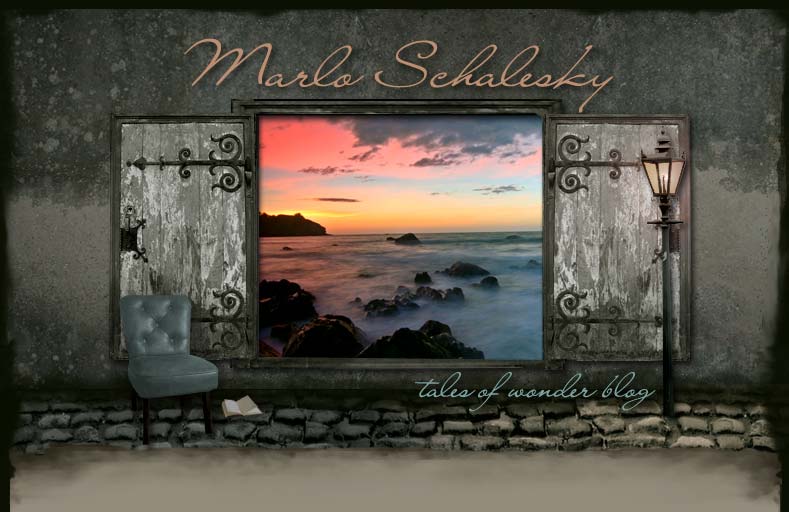




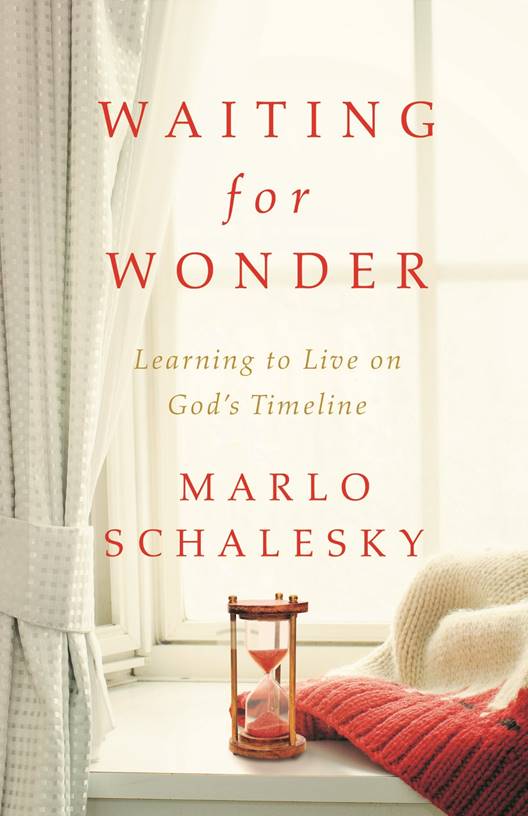
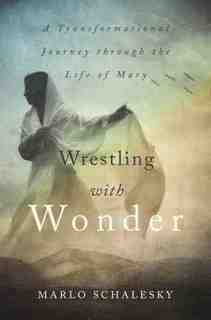

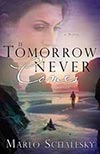
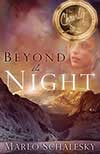

2 comments:
Beautiful.
Thank you, Kiersti!
Post a Comment